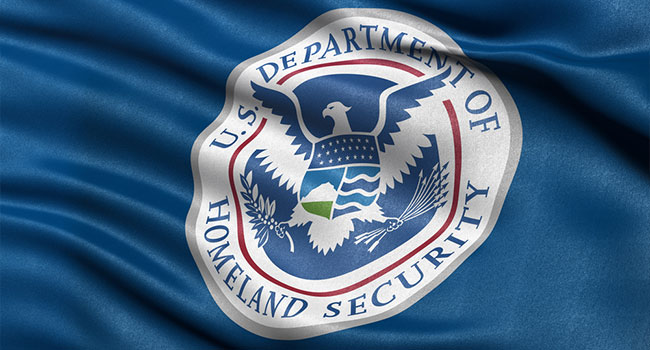
Federal Cybersecurity Agency Prioritizes Addressing Chinese Threats, Improving Election Security
The leader of the Cybersecurity and Infrastructure Agency, which works within DHS, is concerned primarily with risk management, Chinese threats to supply chains and election security.
- By Haley Samsel
- Aug 27, 2019
The Department of Homeland Security’s central cybersecurity agency is focused on addressing the “persistent threat” posed by Chinese hackers, improving election security and defending against ransomware attacking government systems, according to a strategy memo released by the department.
In his agency’s “strategic intent” document, Christopher Krebs, the director of the Cybersecurity and Infrastructure Security Agency (CISA), said the agency is looking to improve the country’s supply chain risk management when it comes to China. The U.S. has consistently accused Chinese hackers of attempting to compromise American companies and systems, particularly through 5G or other technology.
Krebs laid out the plans during a speech at Auburn University last week, describing CISA’s principles as “Defend today. Secure tomorrow.”
“Defending today, we’re working with state and local governments to help protect themselves, to help defend their networks so they’re not tomorrow’s headline,” Krebs said, according to MeriTalk. “The secure tomorrow piece is a little bit different. Securing tomorrow is about, what does the next generation of technology look like, and have we baked in the appropriate security concepts?”
Krebs added that the agency spends “probably 40 to 50 percent” on election security issues as DHS and other departments recognize the threats posed by Russian interference and how to address them.
“I know what the Russians did in 2016, I know what they tried to do in 2018, I need to know what they’re going to try to do in 2020,” Krebs said, according to The Hill.
Lawmakers have recently battled over election security measures, as Democrats push for legislation that would establish federal standards for states, which are responsible for administering and counting ballots. Senate Majority Leader Mitch McConnell and other Republicans say there is no need to bring election security bills forward, citing improvements that states have made in securing election machines, buying new equipment and other measures.
But cybersecurity experts continue to sound the alarm over the issue, blaming private companies for selling machines that are not properly secured and counties for buying the equipment out of convenience. Dan Wallach, a Rice University computer science professor who has done extensive research on voting machines, said that vendors sell what local officials want to buy.
“The vendors appear not to have the self-awareness that it might be a bad thing for our democracy to sell inadequately secure equipment,” Wallach told POLITICO.
Krebs said that his priorities are improving risk management strategies across the federal government and working to “increase a defense posture across the civilian government agencies.” Whatever goals he and the department sets, they can only be achieved through better collaboration across federal, state and local governments and partnerships with industry and academic leaders, he said.
“Whatever we do has to be done together, and in cybersecurity, that is the only way we’re going to get it done,” Krebs said. “It has to be a collective defense approach.”